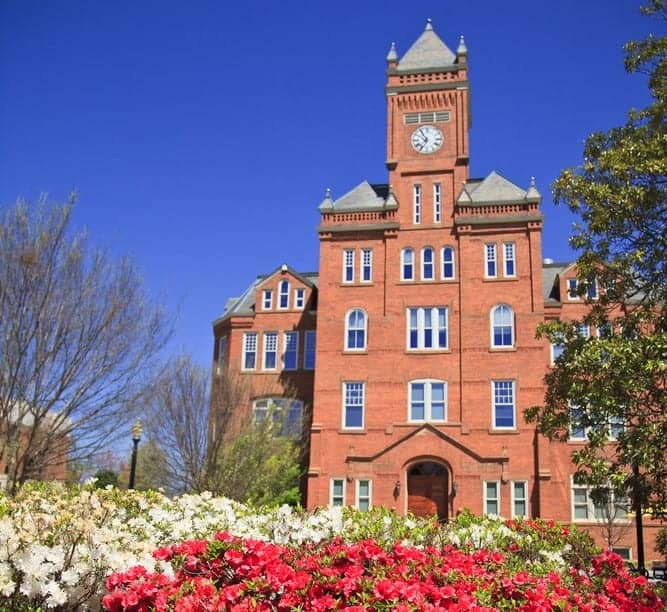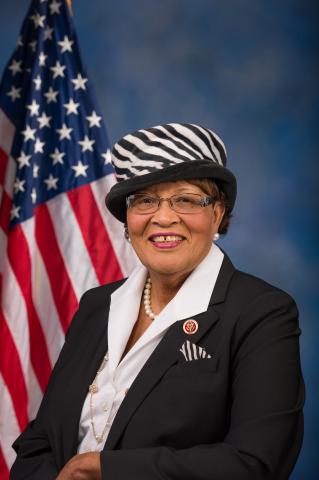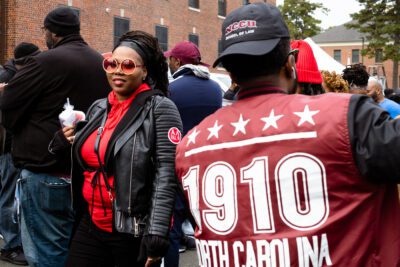
|
|
The HBCU Arts Act, filed this week by U.S. Rep. Alma Adams, D-North Carolina, would invest in arts education and conservation at historically Black colleges and universities (HBCUs), according to a press release.
Adams represents North Carolina’s 12th Congressional District, located in the city of Charlotte and some surrounding areas in Mecklenburg County. She was also an art history professor for 40 years at Bennett College, an HBCU in Greensboro. North Carolina is home to 10 HBCUs.

“Art is a universal language that allows people everywhere to experience and celebrate unique cultures and communities. It expands our worldview,” Adams said. “Unfortunately, art programs and departments are often among the first ones cut when schools face financial hardship. Through the HBCU Arts Act, we can provide a historic investment to our HBCUs and ensure these programs remain accessible to our students of color for generations to come.”
The press release said the bill recognizes “the importance of fostering a diverse generation of artists and art professionals who are essential for creating, conserving, educating, and supporting African American art.” It aims to remove financial and other barriers to arts education and conservation at HBCUs.
The text of the bill has not yet been made public by the Government Publishing Office, but the press release said the bill would:
- Provide financial and other assistance to students in arts, arts education, and cultural programs.
- Establish outreach programs and development offices for arts, arts education, and cultural arts departments.
- Provide comprehensive wraparound services for arts, arts education, and cultural students, including faculty and peer mentorship, work-based learning opportunities, guidance counseling, and career advising.
- Exhibit, maintain, monitor, and protect African American art collections in exhibition and in storage.
- Provide well-paid apprenticeship, internship, and fellowship opportunities to students in arts, arts education, and cultural programs through partnerships with nonprofit arts, arts education, and cultural institutes.
HBCUs have a long-standing legacy of producing African American artists and are some of the most comprehensive collectors of art produced by artists of color, the release said.





